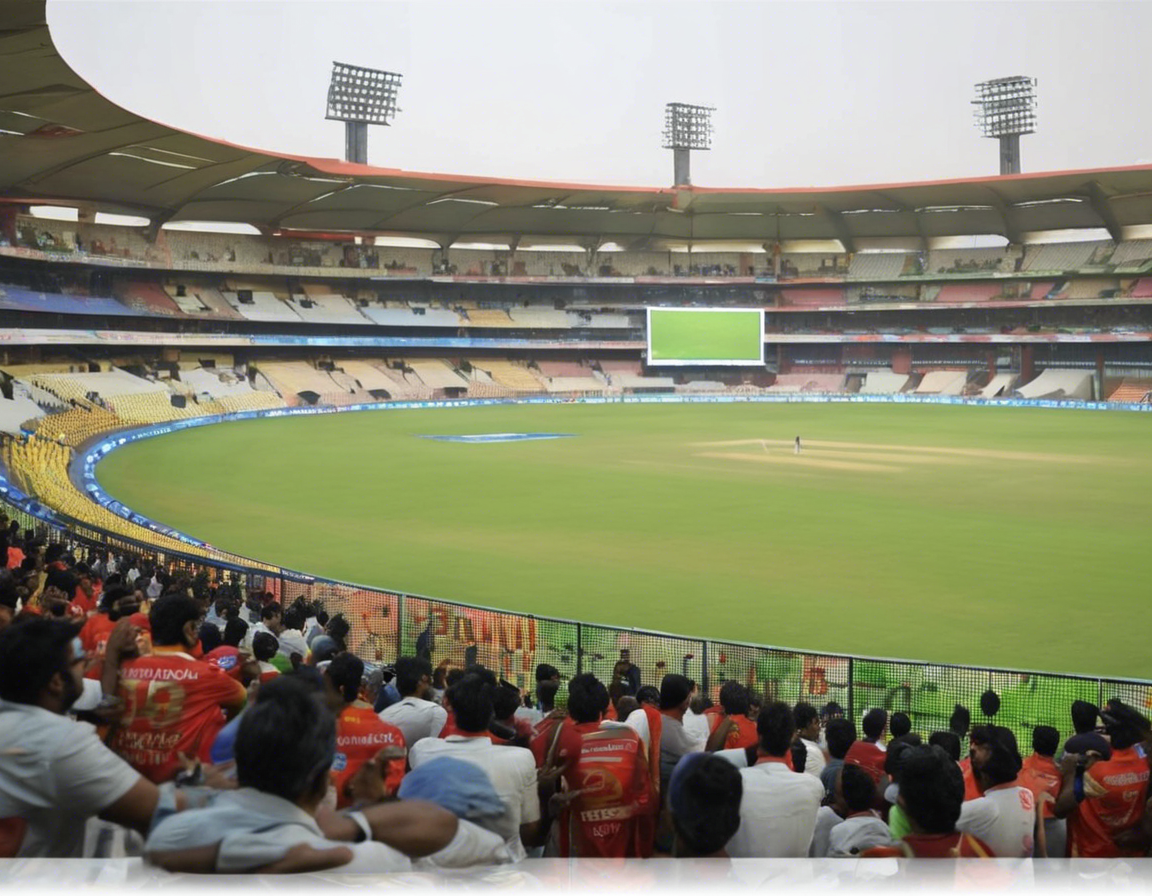IPL Share Price: Latest Updates and Analysis


The Indian Premier League (IPL) is not only one of the most popular and prestigious Twenty20 cricket leagues in the world but also a significant player in the sports and entertainment industry. Given the massive fan following, commercial partnerships, and media coverage, it is no surprise that the IPL has an impact on the share prices of the teams involved. In this article, we will delve into the IPL share prices, provide latest updates, and offer analysis of the factors influencing these prices.
Understanding IPL Share Prices
Before we proceed to analyze the share prices of IPL teams, it is important to understand the basics of how share prices are determined and what factors can impact them. Share prices are influenced by a multitude of factors, including the team’s performance on the field, off-field controversies, player transfers, sponsorship deals, and overall brand value. Market sentiment, economic conditions, and industry trends also play a crucial role in determining share prices.
Latest Updates on IPL Share Prices
1. Performance-driven Fluctuations
The performance of a team in the IPL undoubtedly has a direct impact on its share price. A successful season, with a high win percentage and making it to the playoffs or winning the championship, can lead to an increase in share prices. Conversely, poor performance and early exits from the tournament can cause a decline in share prices.
2. Sponsorship Deals
Sponsorship deals with prominent brands can inject significant capital into IPL teams and boost their share prices. The announcement of major sponsorship agreements or the renewal of existing partnerships can lead to a surge in share prices as investors view such deals as a positive indicator of the team’s financial health and market attractiveness.
3. Player Transfers and Retentions
Player transfers and retentions during the IPL auction can also impact share prices. The acquisition of marquee players or fan favorites can generate excitement among fans and investors alike, potentially leading to an increase in share prices. On the other hand, losing key players without suitable replacements can have a negative impact on share prices.
4. Off-field Developments
Off-field controversies, management changes, and legal issues can all influence IPL share prices. Negative news surrounding a team or its owners can erode investor confidence and result in a decline in share prices. Conversely, strategic moves, expansion plans, and successful marketing campaigns can have a positive impact on share prices.
Factors Influencing IPL Share Prices
1. Brand Value
The brand value of an IPL team is a critical factor in determining its share price. Teams with a strong brand image, loyal fan base, and successful track record tend to command higher share prices as investors perceive them as more resilient and profitable in the long run.
2. Market Sentiment
Market sentiment and investor confidence play a crucial role in determining IPL share prices. Positive news, such as winning streaks, successful marketing campaigns, and high attendance at matches, can bolster share prices. On the other hand, negative developments, such as match-fixing scandals or player misconduct, can lead to a decline in share prices.
3. Economic Conditions
Economic conditions, both domestically and globally, can impact IPL share prices. A strong economy with robust consumer spending is generally positive for share prices as fans are more likely to spend on match tickets, merchandise, and other team-related products. Conversely, economic downturns or recessions can dampen investor enthusiasm and lead to a decrease in share prices.
4. Industry Trends
The sports and entertainment industry is constantly evolving, with new technologies, streaming platforms, and fan engagement strategies shaping the landscape. IPL teams that successfully adapt to these industry trends, embrace digital transformation, and innovate in terms of fan experiences are likely to see an uptick in share prices as investors recognize their ability to stay competitive and generate revenue in a changing environment.
FAQ: IPL Share Prices
1. Are IPL share prices publicly traded?
No, IPL team shares are not publicly traded on stock exchanges. They are typically owned by private investors, consortiums, or corporations.
2. How can one invest in IPL teams?
Investing in IPL teams is usually limited to private transactions or ownership stakes negotiated with the team owners. Public investors do not have direct access to buying shares in IPL teams.
3. Do IPL teams rely solely on share prices for revenue?
No, IPL teams generate revenue from various sources, including broadcasting rights, sponsorships, merchandise sales, ticket sales, and player endorsements. Share prices are just one aspect of the team’s financial health.
4. Can the performance of a team in a single IPL season significantly impact its share price?
Yes, a team’s performance in a particular IPL season can have a notable impact on its share price, especially if it exceeds or falls short of expectations. However, long-term trends and overall brand value also play a significant role in determining share prices.
5. How do off-field controversies affect IPL share prices?
Off-field controversies, such as match-fixing allegations, player misconduct, or management scandals, can lead to a decline in IPL share prices as investors perceive increased risk and uncertainty regarding the team’s future prospects.
In conclusion, while IPL share prices are not publicly traded commodities, they still serve as a barometer of a team’s financial health, market attractiveness, and overall performance. Understanding the factors influencing these share prices is essential for investors, analysts, and fans alike to gauge the impact of various developments on their favorite IPL teams. By monitoring trends, staying informed about the latest updates, and conducting thorough analysis, stakeholders can gain valuable insights into the dynamic world of IPL share prices.
- 56
- 0

0 Comments